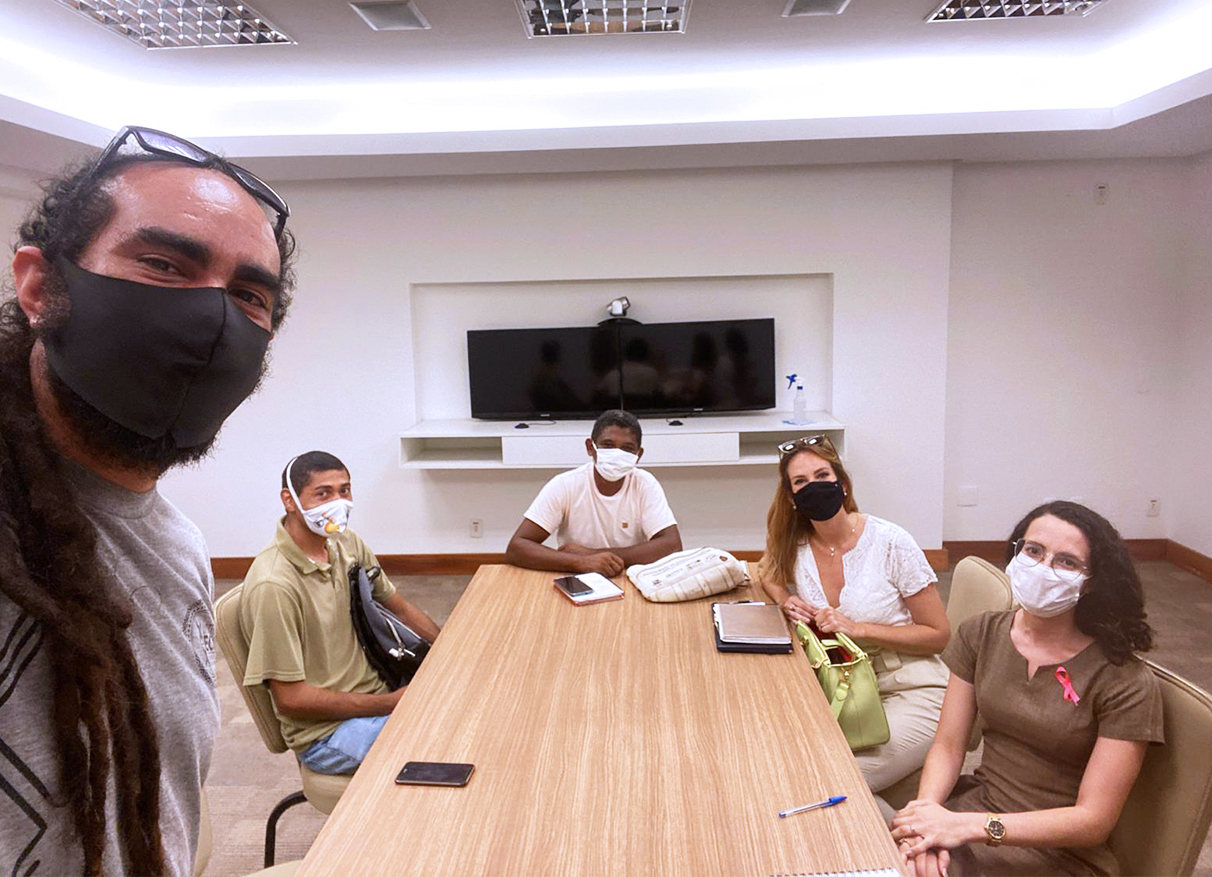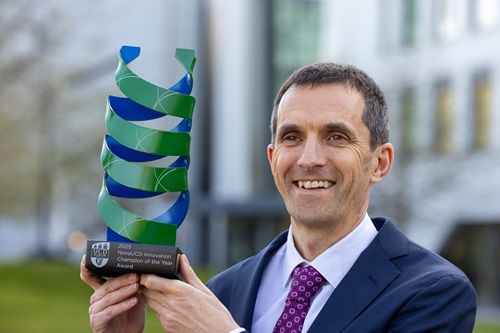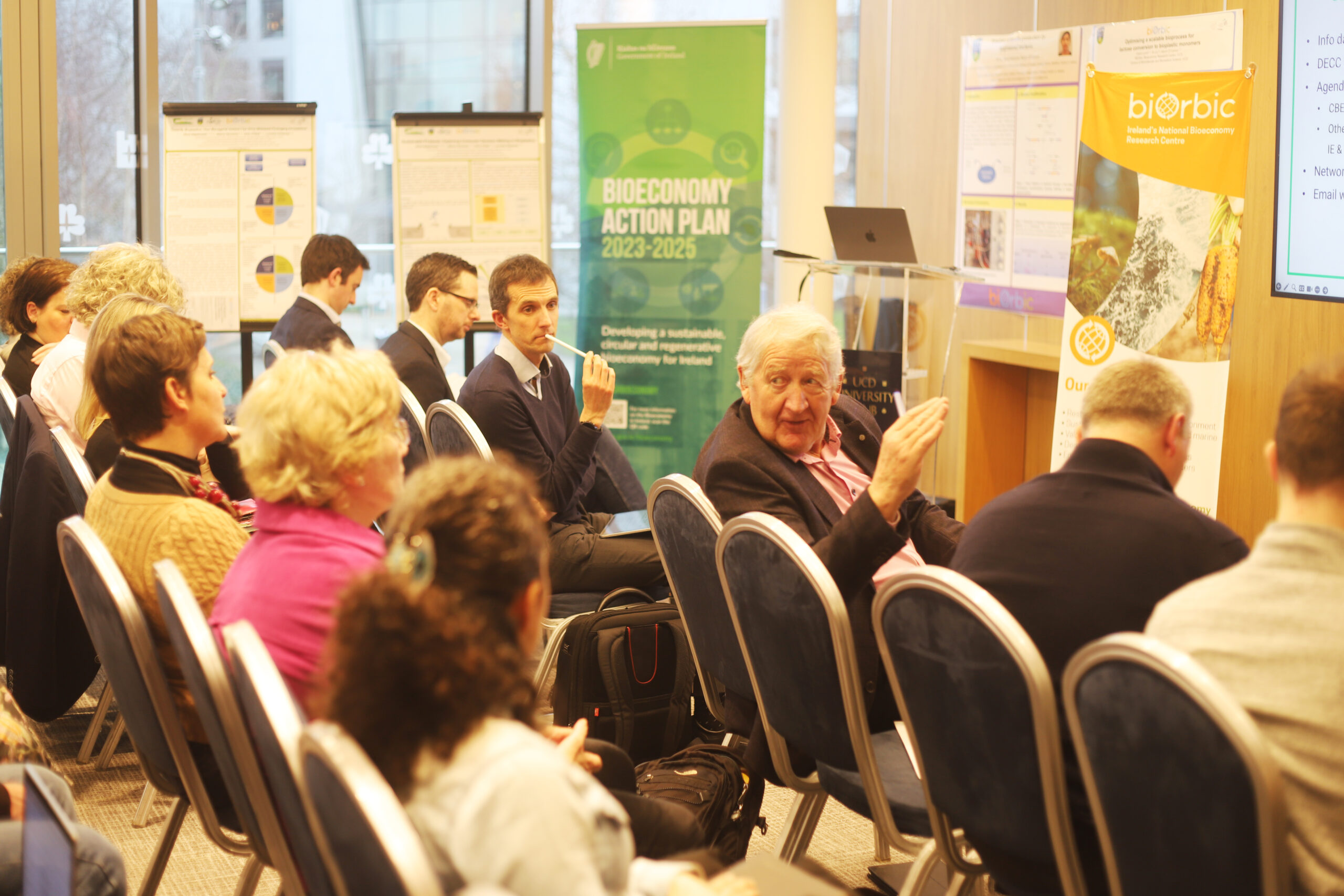BiOrbic PhD student, Julia Virgolino, sets up a circular food system in Brazil.
Verdegreen is an environmentally conscious hotel located in the popular holiday destination of João Pessoa, Brazil. While boasting all the standard features of a tourist hotel, the management is also focused on sustainability and implements numerous green policies, even winning Sustainable Hotel of the Year by Guia 4 Rodas in 2012.
However, the hotel was facing one particular issue of waste. With a restaurant and bar on site, the hotel produces a significant amount of food waste. Though it was in the practice of composting this for its own gardens, the volume of waste was too much to be used on site. BiOrbic PhD student, Julia Virgolino, saw an opportunity to find a use for this waste while at the same time helping all parties involved.
Bringing in a local farmers’ cooperative, Julia proposed a circular food waste valorisation system. Local farmers could collect the hotel’s waste, using it as a source of organic compost for their farms. Similarly, the hotel would be able to purchase organic food products from the farms to sell to guests. The hotel is also considering adding the cooperative farms to their ‘sustainable tourist route’, allowing guests to see where their food is coming from.
Julia’s supervisor, Nicholas Holden said, “This is a really exciting development for BiOrbic, as it is one of the first examples of its system-focused research being put into action. Over the last few years we have learned a lot about what will be necessary for sustainable circular bioeconomy to become a reality, so it is fantastic to see this research being put into action in time of Covid-19 public health restrictions around the world. As we move forward, hopefully we will be able to help more businesses understand and implement sustainable circular business practices.”
Julia’s case study provides a great example of how the bioeconomy can be made more sustainable in small steps, through local partnerships between businesses. Well done Julia!






